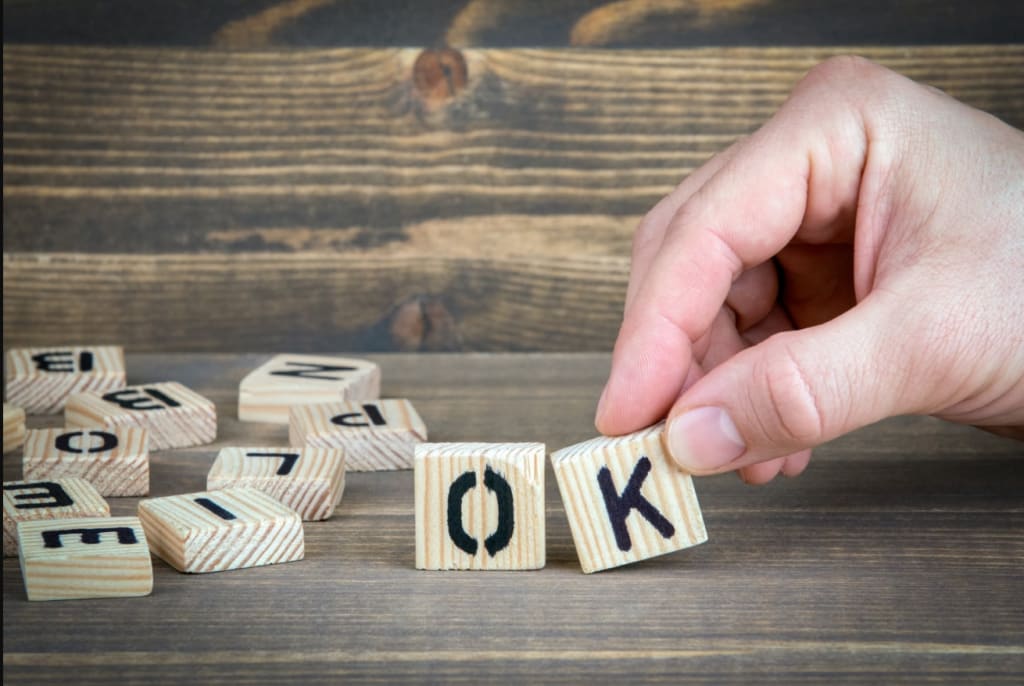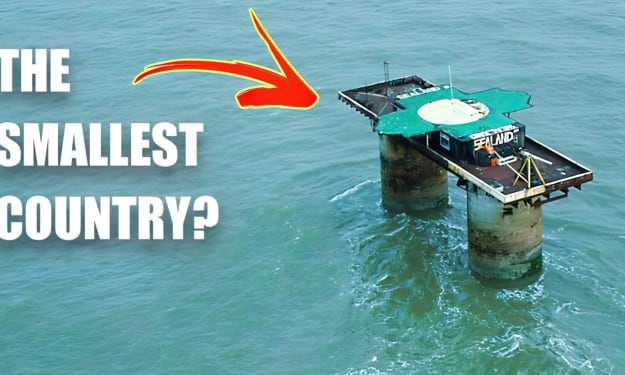
There’s a little word that we hear everywhere. OK. It's like it's everywhere you go, right? OK, let's talk about OK. So, you’ve probably heard it a million times, maybe even said it yourself. But what exactly does "OK" mean, and where did it come from? Let's find out.
OK, so, back in the 1830s, there was this trend of intentionally misspelling words and abbreviations. Some young, "intellectual" types in Boston thought it would be fun to mess around with words and come up with funny abbreviations. Like, instead of saying "know you," they’d say "KY" for "know yuse." It was kind of like a secret code for people "in the know."
But then, something interesting happened. One abbreviation kind of caught on more than the others. It was "OK," which stood for "oll korrect." Yeah, I know, it sounds weird, right? But back then, "all correct" was a common phrase people used to say that everything was in order. So, it was like a little joke to say "oll korrect" instead.
And then, on March 23, 1839, the Boston Morning Post actually published "OK" in an article. And from there, other newspapers started using it too. It just spread like wildfire, until everyone knew about it. It even got tied up with a U.S. president’s reelection campaign. Yeah, seriously!
So, this president, Martin Van Buren, was from a town called Kinderhook in New York. And when he ran for reelection in 1840, his supporters formed these clubs called "OK Clubs" all over the country. And their message was basically saying that "Old Kinderhook" was "oll korrect." They were kind of using it as a slogan to support him.
But, you know how politics can be. His opponents started using "OK" against him, saying it stood for "Orful Konspiracy" or "Orful Katastrophe." It was pretty funny, actually. But in the end, even though Van Buren didn’t win reelection, "OK" became a part of everyday language.
Now, here’s where it gets really interesting. You know how sometimes you see a word and it just sticks with you? Well, that’s kind of what happened with "OK." See, the letter "K" isn’t super common in English words, especially at the beginning of a word. So, when people saw "OK," with that catchy "K" at the end, it just stuck in their minds.
And then, when the telegraph was invented in 1844, "OK" became even more popular. Telegraph operators would use "OK" as a way to acknowledge that they received a message. It was simple and easy to tap out in Morse code, so it caught on quickly.
But here’s the thing: over time, people started forgetting where "OK" came from. Newspapers started debating its history, and there were all sorts of rumors about where it originated. Some people even thought it came from a Choctaw word, "okeh," which means "so it is." But really, it was just a silly joke that caught on.
And now, here we are, using "OK" all the time without even thinking about it. It’s like the ultimate neutral word. You can use it to acknowledge something without really saying much at all. Like, if someone asks if you’re OK, you can just say "OK" and they’ll know what you mean.
So, next time you say "OK," just remember that it’s not just a random word. It has a pretty interesting history behind it. And who knows? Maybe it’ll still be around for years to come, long after we’re gone. OK, I think that’s enough about "OK" for now.
About the Creator
ava
The future belongs to those who prepare for it today
Enjoyed the story? Support the Creator.
Subscribe for free to receive all their stories in your feed. You could also pledge your support or give them a one-off tip, letting them know you appreciate their work.






Comments
There are no comments for this story
Be the first to respond and start the conversation.